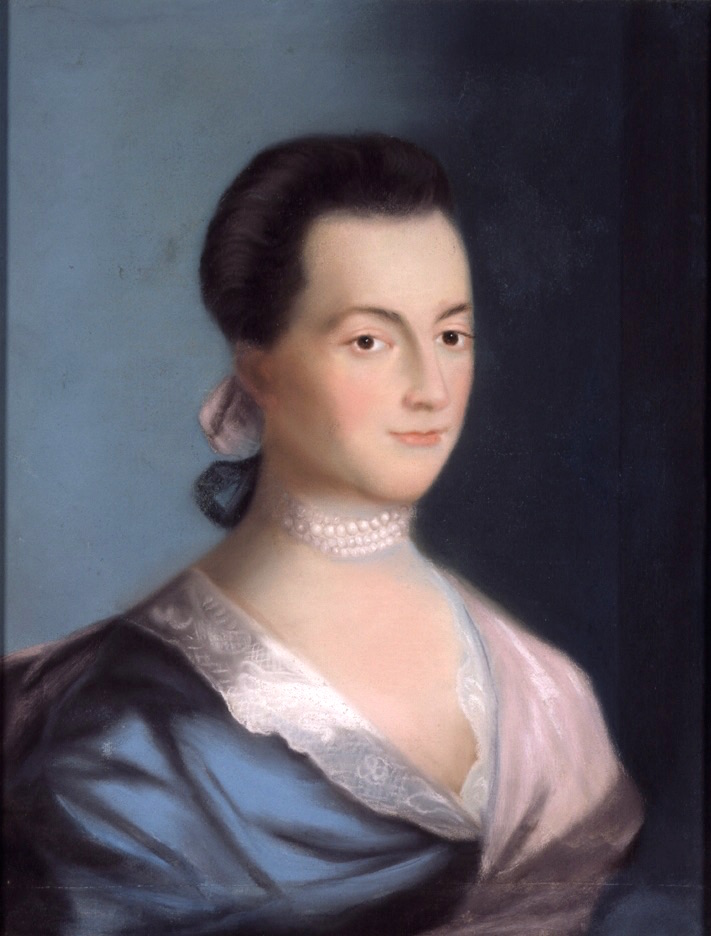
What do you know about Yemen? Nothing? If you follow the news closely and have a good memory, you might remember the USS Cole bombing and Yemen as a safe haven for Al Qaeda. A fundamentalist Muslim society if there ever was one.
Now try to imagine an American woman as editor and manager of a newspaper, directing the men and women reporters, a single woman, a drinker, a New Yorker. This book provides an intimate view of life in Yemen and a small glimpse of a hopeful future where east and west, Christian and Muslim, men and women can live in peace.
Jennifer Steil's book
The Woman Who Fell from the Sky
chronicles her year in Yemen running the Yemen Observer, an English-language newspaper. As a member of a third sex, not male, not female, she is welcome at qat chews where men meet to share a stimulating drug so popular in Yemen, and at women weddings where you can be "too over-dressed, or too under-dressed."
The picture of Muslim-American relations is positive and in sharp contrast to the nightly news. Steil's observations find many similarities. For example, when she prepares to visit Yemen, she adds more modest clothing to wardrobe, as most tourists to the Middle East are advised. However, when one of her female reporters prepares for a fellowship in the United States, she does exactly the same. The tight jeans and t-shirts she wears beneath her abaya are too revealing for casual wear in Mississippi.
In addition to the many wonderful insights into Yemen, this is a story of women balancing career aspirations with her biological clocks and the various pressures of society both in the East and the West.
The book is good humored and optimistic about the future, both for women and the world. A wonderfully uplifting read.
 What is your guilty pleasure? Mine is Janet Evanovich's heroine: Stephanie Plum. Stephanie Plum tracks down FTAs (failure to appear) for Vinnie's Bail Bonds, with office manager Connie, and file clerk, one-person swat team, former ho, and perpetual dieter Lula.
What is your guilty pleasure? Mine is Janet Evanovich's heroine: Stephanie Plum. Stephanie Plum tracks down FTAs (failure to appear) for Vinnie's Bail Bonds, with office manager Connie, and file clerk, one-person swat team, former ho, and perpetual dieter Lula.





















